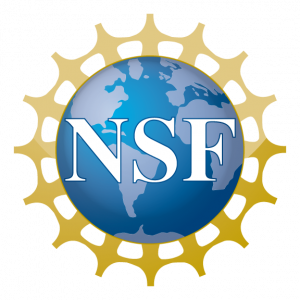Blum Center for Developing Economies
The University of California, Berkeley
Blum Hall, #5570
Berkeley, CA 94720-5570
(510) 643-5316 •
blumcenter@berkeley.edu
Subscribe to our newsletter
© 2024 Blum Center for Developing Economies
InFEWS supports students doing interdisciplinary work, with projects ranging from capturing and reusing nutrients and water in organic waste products, development of small-scale water and energy technologies necessary for the agricultural sector and developing infrastructures and lifecycle methodologies to collect integrated information and data on food, energy, and water systems. Sample projects across our three challenge areas are found below:
Distributed generation & storage technologies for communities in transition that support energy services, water quality and access, and healthy food systems.
Tracking, analyzing and managing food supply chains with embedded energy, water and green house gases.
 This material is based upon work supported by the National Science Foundation under Grant No. DGE-1633740. Any opinions, findings, and conclusions or recommendations expressed in this material are those of the author(s) and do not necessarily reflect the views of the National Science Foundation.
This material is based upon work supported by the National Science Foundation under Grant No. DGE-1633740. Any opinions, findings, and conclusions or recommendations expressed in this material are those of the author(s) and do not necessarily reflect the views of the National Science Foundation. © 2024 Blum Center for Developing Economies